- Skip to primary navigation
- Skip to content


100+ Online Resources For Self-Education and Lifelong Learning
In a world where nearly all the world’s information is at our fingertips, the barriers to lifelong learning are gone.
We are on the cusp of a digital education revolution where traditional schools are being disrupted and a lifetime of self-directed learning or unschooling is becoming the new way to thrive.
Today, you can design your own passion-driven learning curriculum and prepare yourself to ride the technological waves that will power the next economic boom. The average person today will have 3-5 careers over the course of their lifetime. Under these circumstances, we must be learning all the time.
Fortunately, the Internet is the most powerful tool for learning ever invented. Soon, we will not only have the worldwide web, but also new technologies like augmented reality and virtual reality that let us learn and explore through all of our senses rather than textbooks and lectures. For the curious among us, there has never been a better time to be alive.
Your options for self-education and lifelong learning are endless. You can take online courses, master new skills, build your own website, read classic books, explore the world with your smartphone, and collaborate with other lifelong learners from all over the world.
So, let’s dive in!
My Top 10 Online Learning Tools:
Access high-quality education textbooks, get your burning questions answered, and explore a world of free digital self-education resources.
1. Brilliant – Build quantitative skills in math, science, and computer science with fun and challenging interactive explorations.
2. Scribd – The world’s largest library of documents, ebooks, and audiobooks that you can access for a monthly free. The Netflix for ebooks.
3. Quora – Get your most difficult questions answered and build a portfolio of your answers to questions that interest you most.
4. Skillshare – A micro-learning platform quickly learning digital skills from passionate creative professionals working in the digital economy.
5. Khan Academy – A free K-12 online learning platform where you can learn from some of the most interesting and engaging teachers in the world.
6. Notion – The most customizable note-taking tool for organizing your research, documenting ideas, and collaborating on creative projects.
7. Brainly – Get real-time study help in the world’s largest study group.
8. iNaturalist – Participate in the world’s largest citizen scientist project and document the plants, trees, mushrooms and animals you discover.
9. Google Arts & Culture – Visit the world’s top museums, zoom in with mind-blowing detail, and browse thousands of interactive virtual stories, photos, videos, and manuscripts.
10. Pocket – Cloud-based storage for your bookmarks and web research by saving the most memorable content using keywords.
Take Online Courses:
These are the online education companies that are revolutionizing education and building the next generation of interactive lifelong learning communities.
1. Coursera – The largest course platform for Massive Open Online Courses (MOOCs) with over 25 million students around the world.
2. Udacity – Founded by Sebastian Thrun, the creator of Google’s self-driving cars. Udacity’s focus is on STEM (Science, Technology, Engineering, Mathematics) disciplines.
3. EdX – A partnership between Harvard, MIT, and Berkeley.
4. MIT Open Courseware – An ambitious project to make the course materials used in virtually all of MIT’s courses available on the web for free.
5. Saylor – Started by serial entrepreneurial Michael Saylor. The Saylor Foundation is a non-profit that provides a free University education.
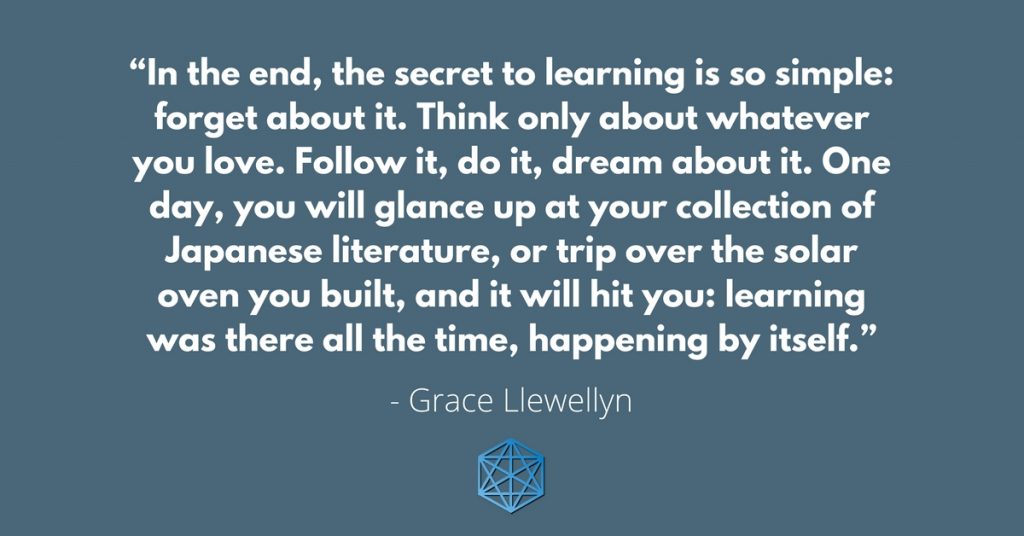
Watch Video Lectures:
Expand your realm of possibilities and get inspired by watching bite-sized lectures by the world’s leading thinkers, entrepreneurs, and creators.
1. TED – With its slogan “Ideas Worth Spreading” the TED Conference (stands for Technology, Education, Design) features the world’s leading academics, teachers, and innovators in easily digestible 18-minute lectures.
2. YouTube EDU – Google’s YouTube Education channel. Lots of great educational content, lectures and conference talks conveniently organized.
3. Big Think – Short videos with important contemporary thinkers, entrepreneurs, and scientists talking about their expertise.
4. @Google Talks – Innovator thinkers and doers visit Googleplex to give inspiring talks that are posted freely online by Google.
5. RSA Animate – Engaging, hand-drawn videos that illustrate important issues in the world today.
6. Reddit Lectures – A busy Reddit community for the latest and greatest video lectures.
Watch Streaming Documentaries:
Here are my documentary collections for learning by watching documentaries:
- Mind Expanding Documentaries List – My collection of thought-provoking documentaries that I have collected from across the web.
- Education Documentaries List – My collection of the best documentaries on education, creativity, and technology.
- Social Media Documentaries List – My collection of documentaries on the rise of the new social media influencers.
- Thought-Provoking Documentaries List – 10 documentaries that I highly recommend watching.
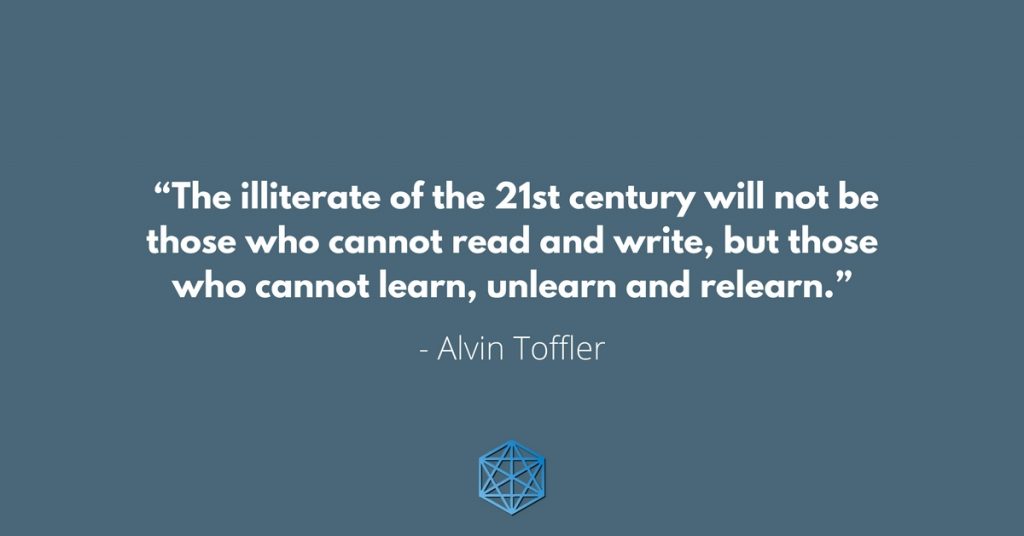
The New Resume:
To prove you take the initiative and adopt new technologies, you need a website. Here’s how to differentiate yourself in a crowded marketplace of talent.
- The Internet Is Your Resume – My do-it-yourself guide for creating a professional-looking WordPress in less than 2 hours.
- Optimizing Your LinkedIn Profile – How to optimize your LinkedIn to get found by job recruiters and potential clients searching for talent.
- Personal Branding Challenge – Build your own personal website and a digital portfolio to get hired fast in the knowledge-based economy.
- Self-Directed Learning Plan – An online guide to creating a self-education plan to achieve your lifelong learning and career goals.
- Video Storytelling Toolkit – Learn the most valuable digital communication skill, telling unscripted stories on video.
Digital Education Guides:
If you want to dive deeper into what’s available for self-education and online learning, these guides will help you.
1. 21st Century Reading List – Books on innovation and the future of work.
2. Mastering 10 Lifelong Learning Habits – The habits of successful lifelong learners.
3. The Best iOS Education Apps – Learn anywhere on your iPhone.
4. The Best Android Education Apps – Mobile learning on your Android.
5. The HyperLearning Toolkit – My free digital toolkit for lifelong learners.
Liberal Arts: Study The Classics
A great way to get inside the minds of civilization’s greatest thinkers is to read their books.
1. The Liberal Arts 4-Year Reading List – Study the essential classics and educate yourself in the classical liberal arts.
2. The Classics – Free Ebooks Reading List – A collection of classic ebooks that you are freely available in the public domain.
3. A Lifetime’s Reading: The World’s 500 Greatest Books – Compiled by the prolific Philip Ward, a librarian, scholar, editor, and author of more than 50 books.
4. Great Books of the Western World – 161 books essential books of the West on Wikipedia.
5. The Western World’s 500 Greatest Books – An excellent collection of over 500 books from Western civilization with links to where you can read them on Project Gutenberg.
6. Great Literature of the Eastern World – I couldn’t find an equivalent book of Eastern books online but this book apparently covers many major works.
7. Book Yards – 1000s of more free ebooks easily browsable by author or category.
8. Planet Ebook – Read 80+ free classic books for free on your computer or mobile device.
9. Project Gutenberg – Read over 42,000 free books in the massive Project Gutenberg archive. Download many of them directly to Kindle or other mobile reading formats.
10. Good Reads – A massive social network for discovering new books and sharing the books you love.
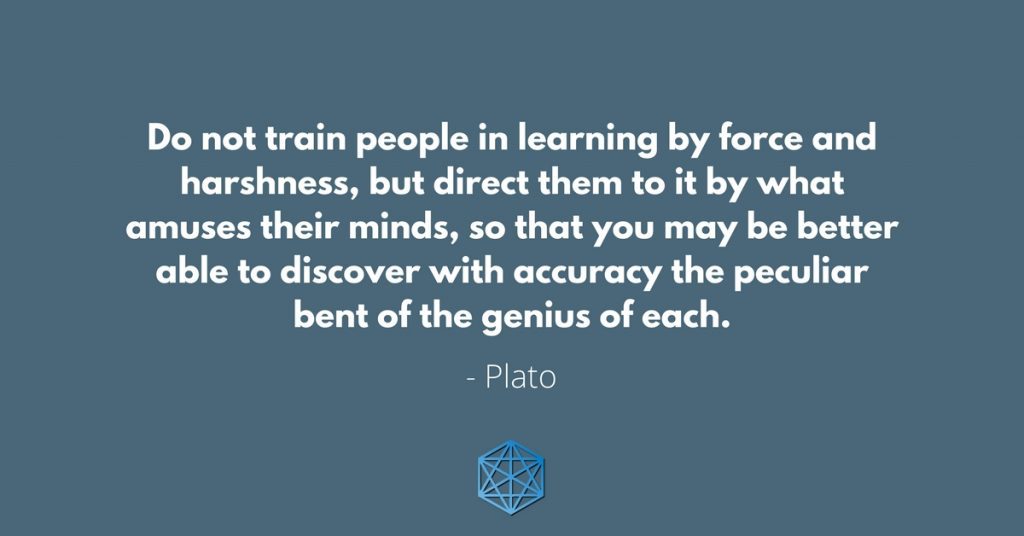
Critical Thinking:
In this post-truth world where both the mainstream media and social networks are full of misinformation, critical thinking skills are everything.
1. Thou Shalt Not Commit Logical Fallacies – One of my favorite learning tools. Use it to recognize when you or other people use logical fallacies. You can even link them to the right page to point out their errors in the thinking 🙂
2. Trivium Education – An excellent website dedicated to the Trivium, the ancient system of grammar, logic, and rhetoric that used to be the cornerstone of liberal education.
3. Trivium Resources – An excellent collection of Trivium resources from the critical thinking community Tragedy and Hope.
4. The Trivium: The Liberal Arts of Logic, Grammar, and Rhetoric – The classic book by Sister Miriam Joseph teaches the Trivium and how it can be used to improve your intelligence and reasoning.
5. The History of Modern Schooling – Legendary teacher John Taylor Gatto’s epic series on critical thinking, self-education and the history of modern education.
Self-Knowledge and Wisdom:
Educating the mind without awakening the heart is no education at all. Explore religious texts to develop your self-knowledge and awaken to the spiritual dimension that gives life meaning and richness.
1. Internet Sacred Text Archive – Read the sacred texts from the world’s major religions and other less institutionalized religions like Sufism, Gnosticism, Tantrism, Taoism, Shamanism and more.
2. Sacred Books of the East – Browse and read public domain copies of 50 of the most important books of Eastern philosophy and civilization.
3. Virtual Religious Index – Extensive link collection maintained by Rutgers University of websites with informative religious content. Categorized by religion as well as ancient religions, archaeology, and philosophy.
4. Meta Religion – Internet project for educating people in a multidisciplinary view of the religion, spiritual and the world of esoteric phenomena.
5. Sacred Destinations – Places of great spiritual power around the world that you can explore and plan to visit one day.
6. Religion Facts – Get your religious questions answered on this site.
7. Spiritual Reality Power of Meditation – Freedom from compulsory thoughts is the gateway to wisdom and a true understanding of who you are. This YouTube video is one of the best introductions to meditation.
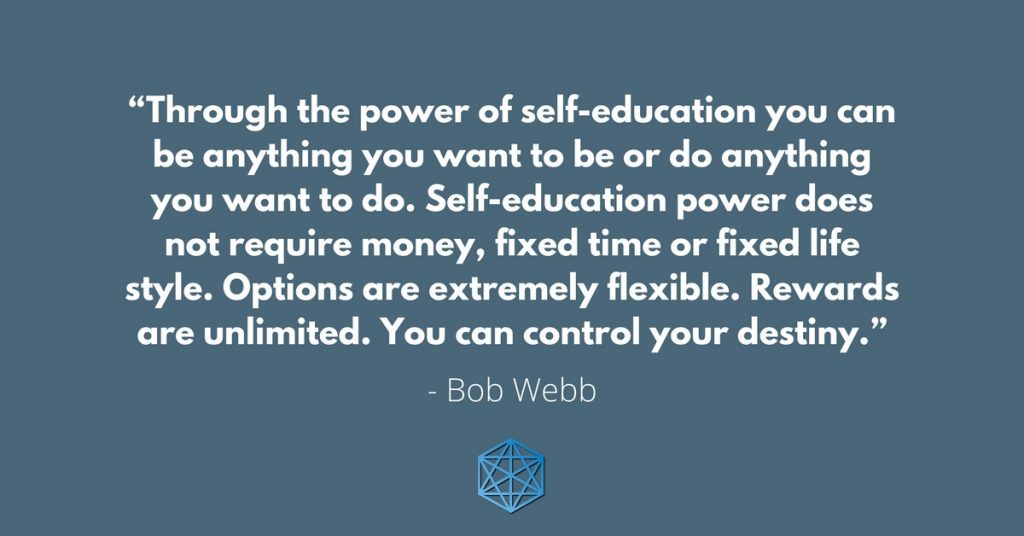
Online Education Depositories
Some great digital tools for furthering your self-education and lifelong learning.
1. Kibin – A proof-reading community that can help you improve your writing. You can either pay or proof-read other people’s work and get credit for it.
2. Library of Congress – The de facto national library of the United States of America and the largest library in the world. Most of it is accessible online.
3. BBC Learning – Huge collection of learning resources from the BBC. Find online courses , video clips and educational games.
4. iTunes Podcasts – I highly recommend browsing the Podcasts on iTunes. So many incredible free audio shows at your fingertips.
5. Open Textbooks – Browse college textbooks by subject, which are made freely available online.
6. Slideshare – Learn new things and find information broken down to the essential bits in this incredible library of digital presentations.
7. Creative Commons Education – An open-source movement to make educational content freely available online.
8. Open Source – Explore the world of open source technology.
Learn New Languages:
The best way to learn is to travel. To travel well, you’re probably going to want to learn the local languages. Here are the best ways to do it fast.
1. Duolingo – My favorite free language learning website. Totally gamified learning process where you can learn for free by translating content while you learn.
2. Memrise – Innovative memorizing system for learning new languages.
3. Live Mocha – The largest language learning community online that I know of.
4. BBC Languages – Great language learning resources freely provided by the BBC.
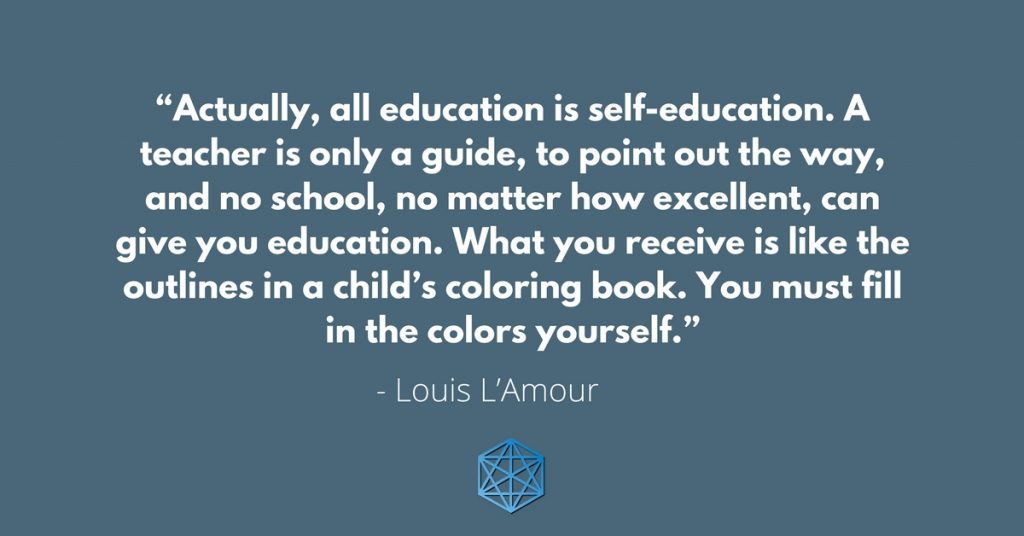
Explore The World:
Explore the world using online tools that will excite your senses and spark your curiosity.
1. Google World Wonders Project – Google brings to life the wonders of the modern and ancient world.
2. National Geographic Education – Cultivate your knowledge of the world’s geography and countries.
3. Geoguessr – Guess the world’s most famous locations using Google Maps and StreetView.
These self-education resources should be enough to fuel your lifelong learning. Enjoy following your curiosity!
You may also like

Flow States And The Gamification of Experiential Learning

Why Generative AI Will Make Rote Learning Obsolete

100 Online Courses For Learning 2024’s Fastest Growing Skills
Leave a comment cancel reply.
This site uses Akismet to reduce spam. Learn how your comment data is processed .
Thank you, Kyle! This is the largest, most comprehensive list I have ever seen.
What a list. So much resources I didn’t even know that existed. Thank you Kyle for your sharing.
Really appreciate this!!!
I would also add https://vocapp.com – it is an easy-to-use language learning app that teaches you vocabulary through flashcards. The feature that I like the most is that when you use it as a dictionary, you can add words you didn’t know to study and there are going to appear some suggestions for similar words you might not have known.
I f*cking love you!! Thank you for sharing all your info! I’m blown away- it’s everything I’m looking for on ONE site! You Rock!
I have found this very useful – thank you for making it available.
Hillsdale College’s wonderful and completely free coursework. Prager University’s five minute videos which have a definite view point, but are also fact based, and Jordan Peterson’s lectures on psychological archetypes, available on YouTube, as well as his self-authoring programs which are available for an extremely low cost.
Thank you very much! It’s really what l was looking for!
Thank you so much!
Perfect example of the Pro’s of the World Wide Web. Thanks Kyle Great Work!!!!
A brilliant site. Everything you could ever want to continue to grow your mind & passions, all in one place . Thank you.
Simply the greatest collection self learning resources l have ever seen. I cannot thank you enough for curating this.
Thanks a whole lot Kyle
Thank you for this fabulous resource!!
Thank you so very much. So inspired and grateful.
God Bless your Soul. This I’m sure will go a long ways for humanity
This is such a fantastic post. I am doing something kind of like this with my own site, but your list here is seriously invaluable. Thank you!
This is a really cool list.
this is the best thing I’ve came across yet. I have bookmarked it and I am loving the resources
Thanks for the list which is still up to date !
Great list… really! Thanks !!! 😀
I was looking for something like this to give to my students and followers… and jackpot. I would like to ask if there are any updates since this is about 2 years old?
Hi Angel, thanks for your comment!
A more up-to-date version is the free HyperLearning Toolkit I created. Here’s the link:
http://www.diygenius.com/course/the-hyperlearning-toolkit/
a whole life of learning would not be enough! thanks!
Thanks for creating this great list!Very helpful!
Wow! What a comprehensive list. A life long of learning in this post alone!
Great list!! Thanks much for sharing
Adding {{itemName}} to cart
Added {{itemName}} to cart

Could this be THE DECISION that changes everything?
Your first name and email are the only things standing between you and 9 SIMPLE STEPS to $1M
By signing up you’re opting in to emails from us about the free masterclass, the podcast, and other helpful guides and goodies. You can unsubscribe at any time.
The link is also in your inbox
Something went wrong!
Please, try again later.

Course Creators
Self-Learning 101: Learning How You Learn
How people self-learn and the best self-learning strategies
By Mighty Team
October 30, 2024
16 min read
IN THIS ARTICLE
We learn so much every day, even subconsciously. And ironically, some people who are in formal education struggle to learn. When was the last time you learned or taught yourself something new?
And there’s a difference between being taught , and learning something.
While university education and structured courses still serve as an avenue to learn, it’s easier than ever to engage in self-learning to enhance your knowledge base.
In this article about self-learning, we delve into how people learn, why self-learning is beneficial, and what practices can help you teach yourself better and learn more effectively.
If you want more support in building your online community, come join OUR Mighty Community for free and meet other new and established course and community owners! We’d love to meet you. Join for free !
What is self-learning?
Self-learning is a process in which people proactively self-direct their learning journeys, identifying their own learning goals and holding themselves accountable for reaching them. It takes dedication, motivation, and self-direction to be a successful self-learner.
We’ve seen self-learning become more important than ever because of the rise of online courses . When people take online courses, there’s always an element of self-learning to it. And with asynchronous courses (pre-recorded), it can be even more challenging for learners to succeed on their own.
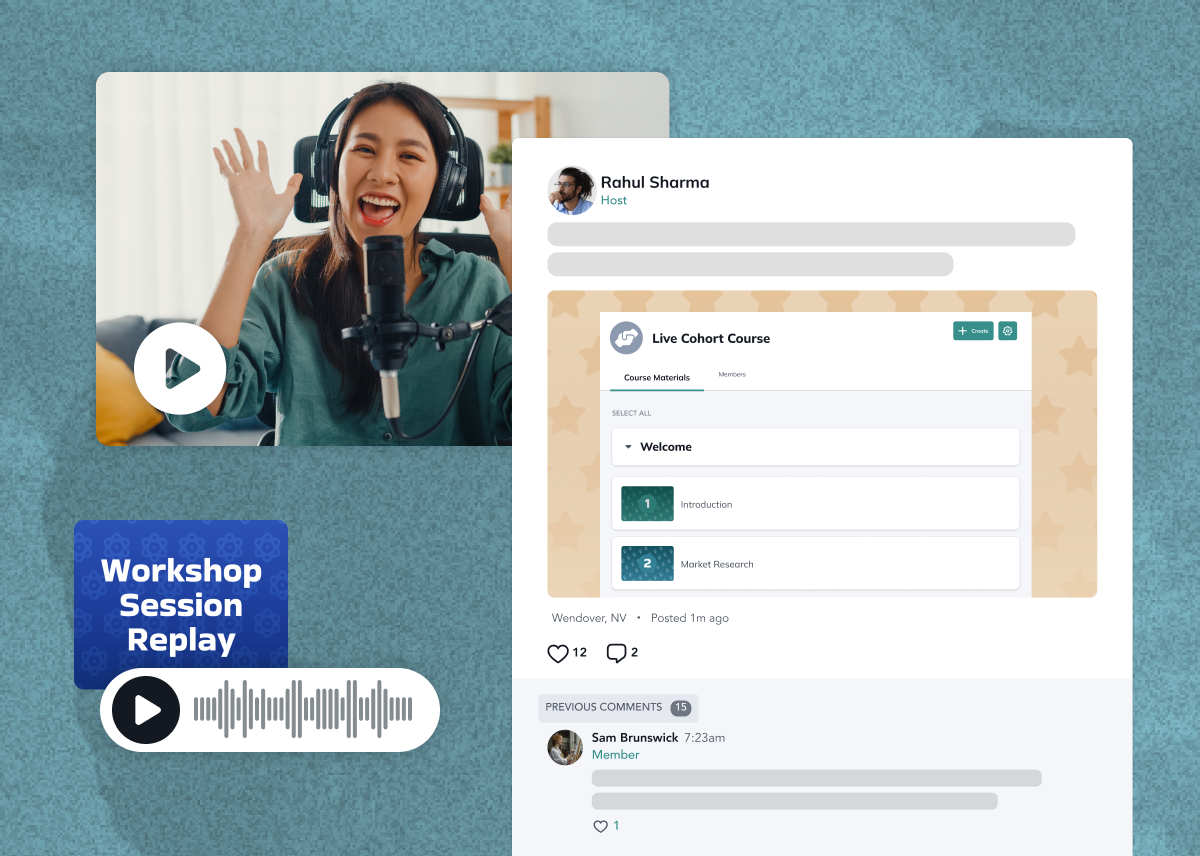
That’s why understanding self-learning is important.
The key parts of self-learning
The key components of self-learning are:
1. Self-evaluation
In formal education, what you learn and how you learn is often decided by someone else. With self-learning, your learning is tailored to YOUR needs.
The first step is to find an answer to the question: What do you want to learn? Why? What do I already know? What do I need to know?
2. Setting learning goals
Having identified what to learn, setting learning goals is necessary. Having a clear goal for learning means we focus on what’s important. And we aren’t just learning for no reason; we’re learning with intention.
This is one of the reasons why adults are often really effective at self-learning–it’s easier for them to understand how the learning fits with their goals than for–say–a high school student who might not connect the learning to goals.
Our minds are tuned to prioritize unfinished goals and desires. Research shows that assigning weight to an activity pushes us to work towards fulfilling it.
Want to be more effective with goal-setting around your self-learning? Set SMART (Specific, Measurable, Achievable, Relevant, Timebound) learning goals.
3. Mobilizing resources
When engaging in self-learning, finding and using credible resources is crucial.
Learning resources can include books, peer-reviewed articles, videos, websites, self-paced online courses, and communities of practice . We all learn in slightly different ways, so the resources you choose need to work for you.
For instance, learning a language? DuoLingo or Babbel should come in handy. Prefer something more experiential? Maybe Lingopie will work better for you. Big on immersion? Traveling to a different country could make you multilingual sooner!
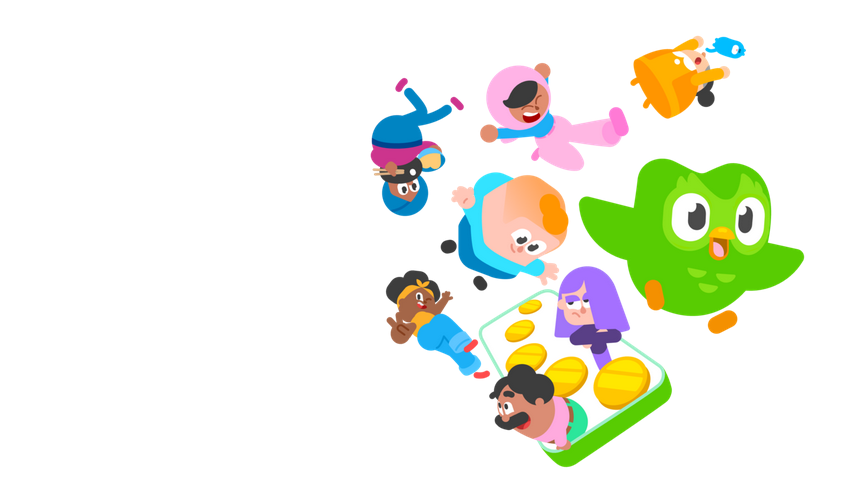
4. Learning actively
Having identified goals and resources, self-learning requires engaging in active learning.
Reading a book or watching a video might not translate to learning. Active learning involves self-testing, learning, revision, teaching, gaining practical experience, etc.
5. Evaluating learning outcomes
Ever pulled an all-night to cram before an exam? Chances are you managed to retain information to perform decently on the exam and then forgot everything .
So, how do you know that your learning practices were effective? The answer is simple: By evaluating your ability to retain knowledge over time and apply it in practice . If it’s done right, self-learning should come with a high retention rate and we should be able to act on and recall what we’ve learned.
We’ll get to some effective learning techniques below.
Self-learning statistics
- In the last decade, the online self-education industry has grown rapidly. According to reports, learning and development has a market size of $370 billion globally.
- Globally, millions now engage in self-learning through online MOOCs .
- In the United States, 84% of people said that self-learning and DIY (do-it-yourself) education would become their learning practice as they grew older.
- In developing countries with large populations like China, India, Brazil, etc about 2/3rds of learners are looking to engage in self-learning and upskill.
- 89% of L&D professionals agree that lifelong learning and upskilling is necessary for individuals to navigate the evolving future of work.
- 94% of business leaders expect employees to pick up new skills on the job. Which makes learning to learn a much sought-after skill.
- For students in university education, self-learning accounts for about 80% of their time . As blended learning becomes widespread, learning to learn is undeniably important.
Benefits of self-learning
1. autonomy.
As Malcolm Knowles said, adult learning is learner-centric and problem-centric .
Instead of learning stuff that feels useless (when was the last time you used theoretical calculus anyway?) self-learning allows you to tailor your learning goals to meet your personal and professional needs.
Need to build a website or cook a three-course meal? Self-learning (and very likely YouTube) to the rescue!
2. Flexibility
We all value flexibility in life.
If you’re juggling work, family, and life, committing to attend a structured course that meets five times a week may be tough.
- Maybe you naturally learn better in the afternoon than in the morning (or vice versa).
- Maybe you prefer reading to educate yourself rather than pursuing an online course or watching videos.
Self-learning allows you to select resources that work best for you and pace your learning to suit your requirements and schedule.
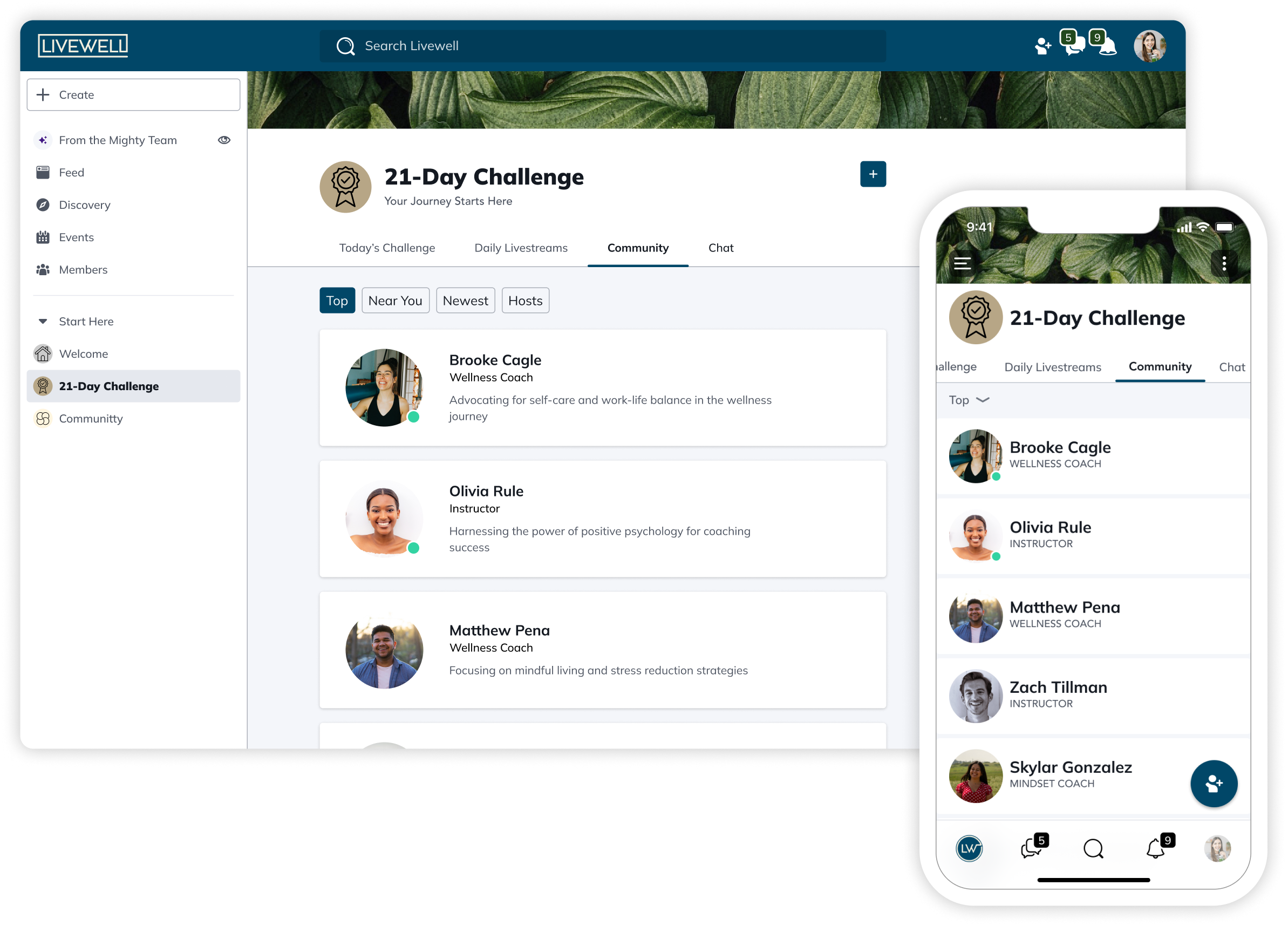
3. Affordability
Traditional higher education can be very expensive and leave you with years of debt.
With a plethora of freely available/low-cost learning resources, self-learning often requires far less financial investment.
If you ever get stuck and need help, you can invest in ad hoc support (tutoring, coaching ) or turn to communities.
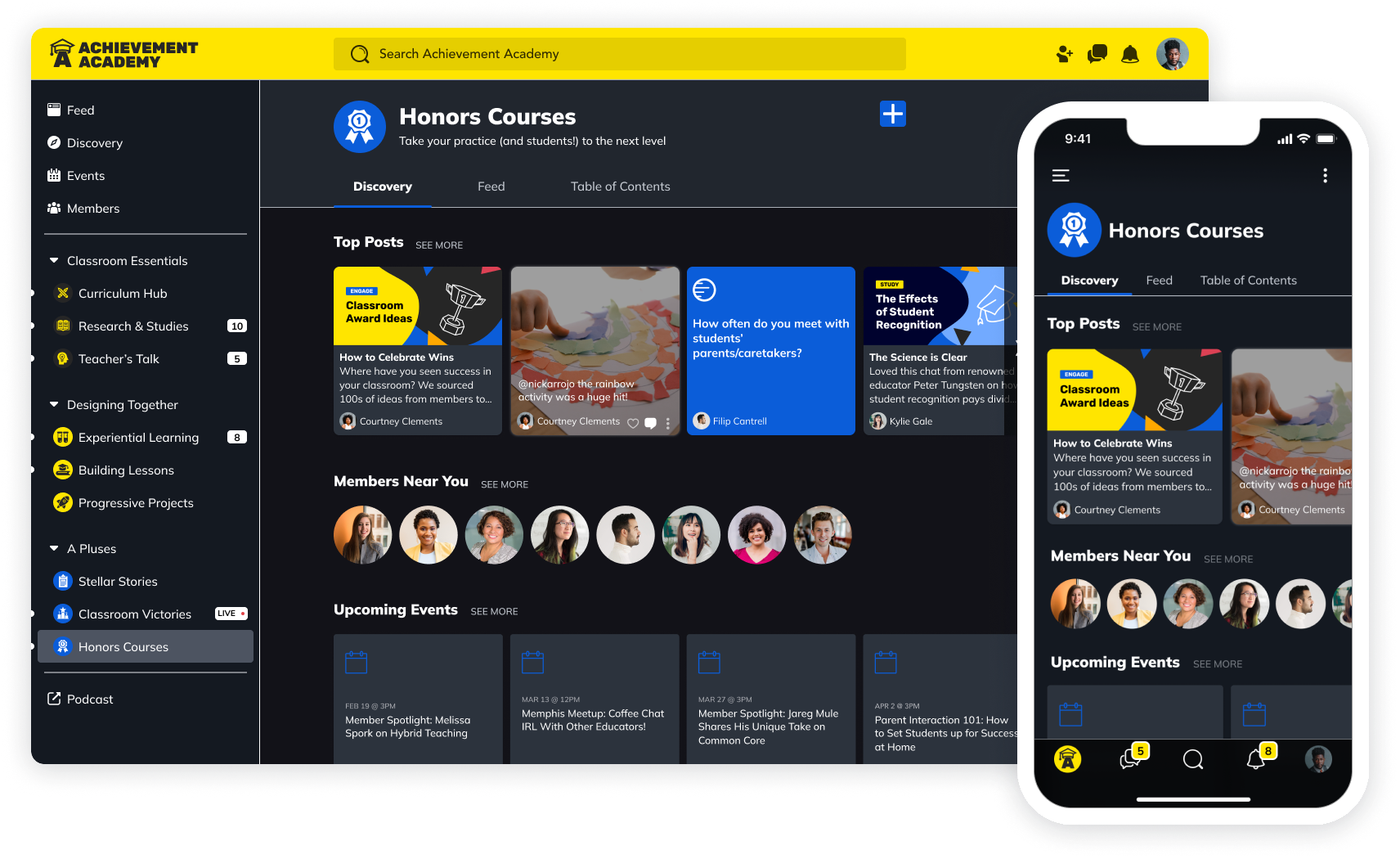
4. Personal Growth
Self-learning requires intrinsic motivation and discipline.
If you typically rely on external deadlines and rewards to help accomplish your learning goals, self-learning can kick-start a journey of self-discovery.
You will learn more about yourself - what motivates you, what you enjoy, when you learn best, why you procrastinate, etc. Self-learning will make you a better learner .
This personal growth that can come with self-learning might be just as rewarding as the skills you actually learn. And it’s a skill that will stick with you for life.
5. Professional Growth
In the rapidly evolving world of work, self-learning and upskilling will help you remain competitive and facilitate your career advancement.
While companies can institute formal learning and development programs, the onus is on individuals to consistently engage in learning and enhance their skill sets.
Learning a new skill can also help you build an alternate career and income stream.
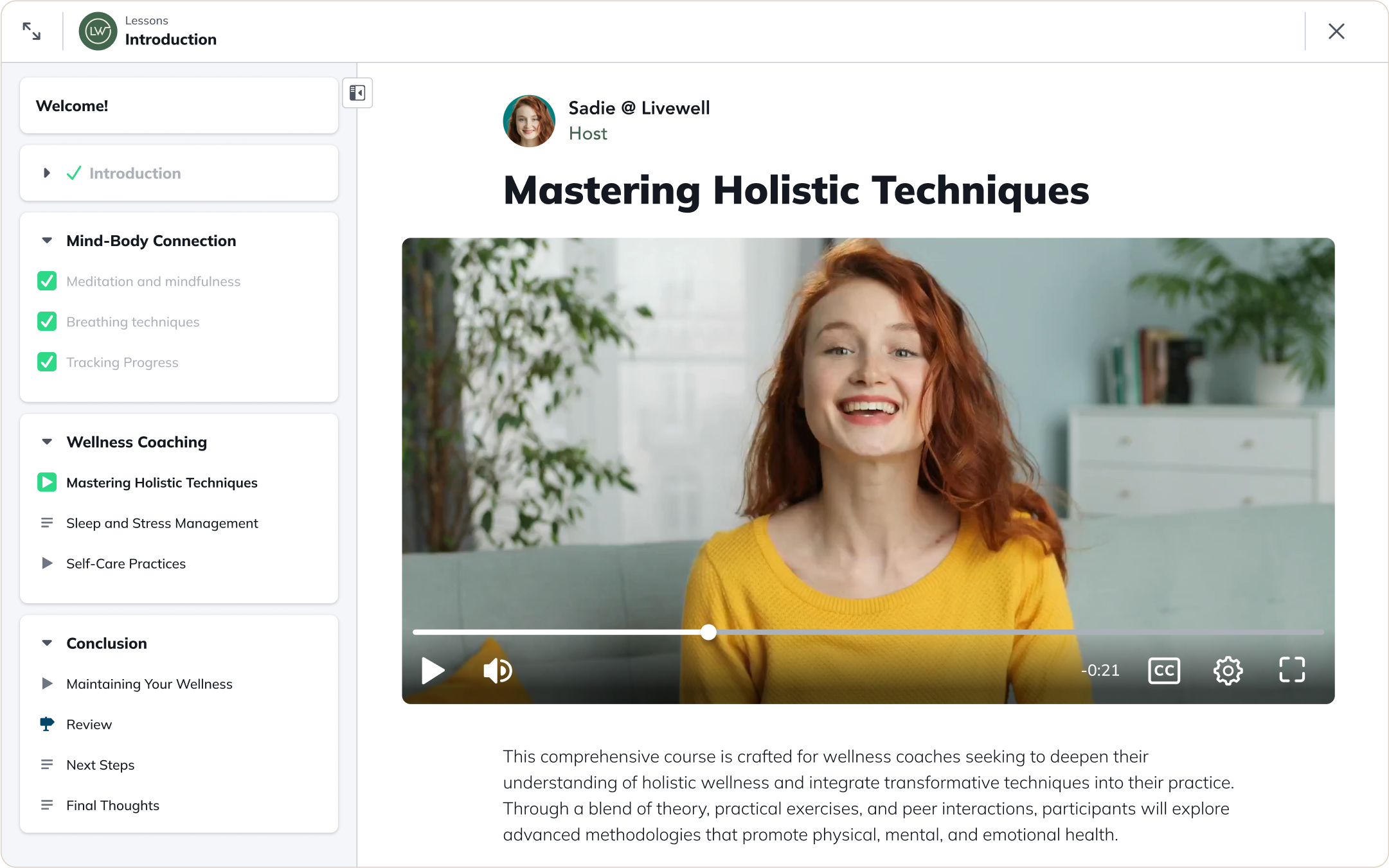
Some examples of self-learning
- Watching fitness videos, reading about fitness, downloading a fitness app , and building a tailored fitness routine.
- Learning to draw, cook, play an instrument, etc. There are many resources and communities that you can use while acquiring a hobby.
- Watching documentaries and reading books to self-educate about the world. Netflix, National Geographic, and Encyclopedias can all serve as resources.
- Learning a new language via Duolingo and practicing in a learner community.
- Enrolling in a one-off mastermind or local community class.
- Completing a course on an online learning platform .
Challenges of self-learning (and how to overcome them)
Setting learning goals : Not knowing where to start and what to learn is the first challenge of self-learning. As you begin your learning journey, it is easy to get overwhelmed. There is so much you don’t know and all of it can seem so very interesting. Our advice? Start somewhere! You can set a one-off learning goal (like learning about Maslow’s Hierarchy of Needs) or develop a curriculum to master a topic (Motivation).
Lack of motivation and discipline : When there’s limited accountability or motivation for self-learning it is easy to just give up. Research shows that only a small percentage (6%) of those who sign up for courses on the learning platform EDx actually complete them . Always remember your WHY. This should be a powerful motivator. Need a bit more motivation? Reward yourself once you accomplish a goal. Want to enhance accountability? Ask loved ones to follow up about your learning.
Limited resources and peer support : The best part about formal education is having an expert to help you in your learning journey. Need resource recommendations? They know the best. Stuck on something? Office hours will help. But there are communities for almost any type of learning; you don’t have to do it alone. Join or build a self-learning community and it will make a big difference for learning goals.
Ineffective learning practices : If you’re new to self-learning, experiment with your learning practices. It helps you figure out what works for you. This might involve trial and error.
The science of learning how to learn
Research on how we learn is fascinating and surprising .
In the rush of cramming for an exam or working on a deliverable before a deadline, the skill of ‘learning to learn’ does not get much attention. If you’re keen to become a better self-learner, this section provides an overview of some science-backed learning core concepts. AND if you’re creating an online course, this is important too. If you understand how to build a course that promotes self-learning, and you build it on the best online course platform , you’re setting students up for success.
Introduce them to your learning practice and check if they work for you!
1. Self-testing
Tests can be both exhausting and exhilarating.
Outside formal education, testing is a powerful means to learn and reinforce learning.
In fact, research shows that taking a test on a subject before you learn anything about it improves subsequent learning and retention.
Many adult learners learn through observation and experience. Next time, maybe start your learning practice with a test. This can simply be writing down everything you know about the topic or taking an online quiz. This will help gauge your learning needs better!
Self-testing throughout learning will help in meeting your learning goals effectively too.
Building it into your course : Next time you’re designing an online course, start with a zero-pressure brainstorm to see what students know. It’s a great way to unlock existing knowledge and loosen students up for learning.
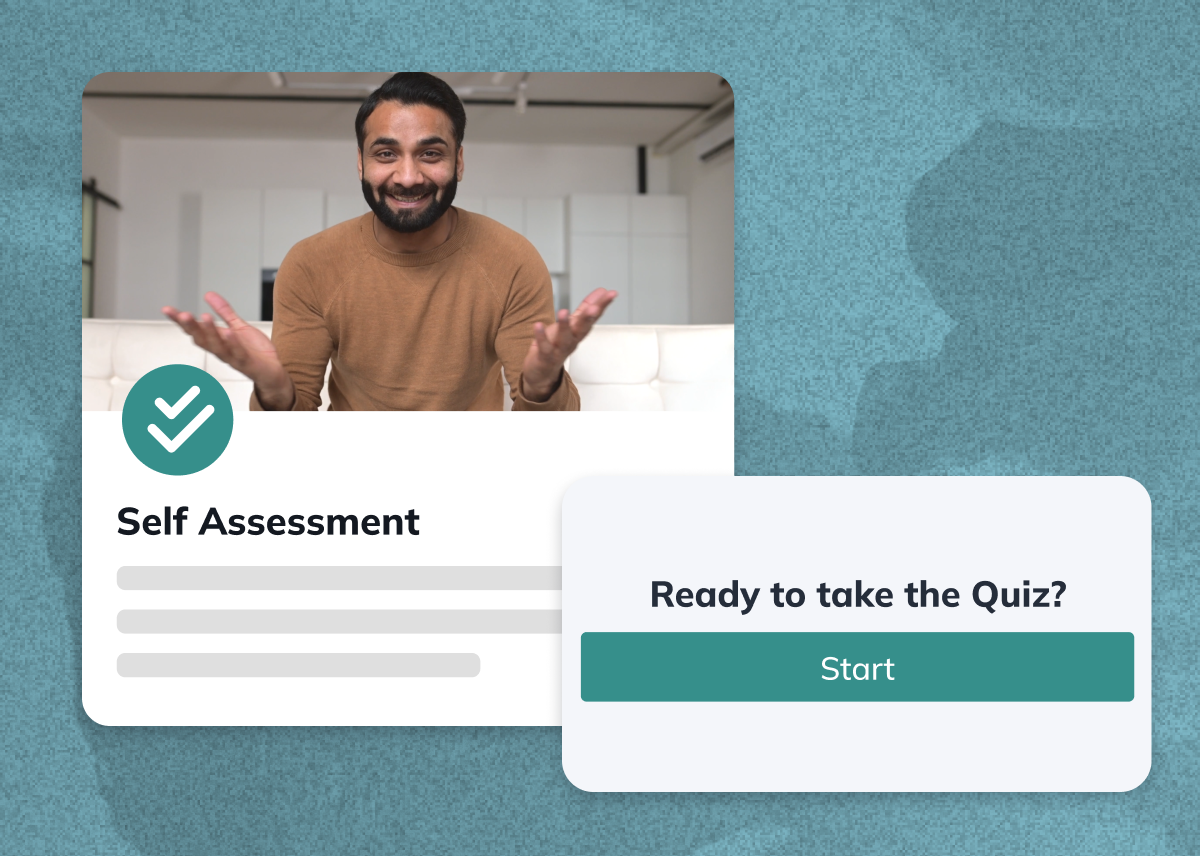
2. Distributed Learning
Sure, cramming works great in the short run. But if you want to learn better, distributed learning is the way to go.
Humans have limited attention spans. People learn and retain subjects for much longer when they break down and space their study sessions over time.
Let’s say you want to learn a topic. You estimate that it will take you 5 hours.
Rather than a single, 5-hour session, multiple sessions spread across a few days/weeks will help enhance absorption and retention of the topic, making learning more effective.
A little progress each day does add up to big results.
Building it into your course : Plan lots of breaks and consider spreading out your learning. For example, for a cohort course , set an hour a week for learning instead of a full weekend.
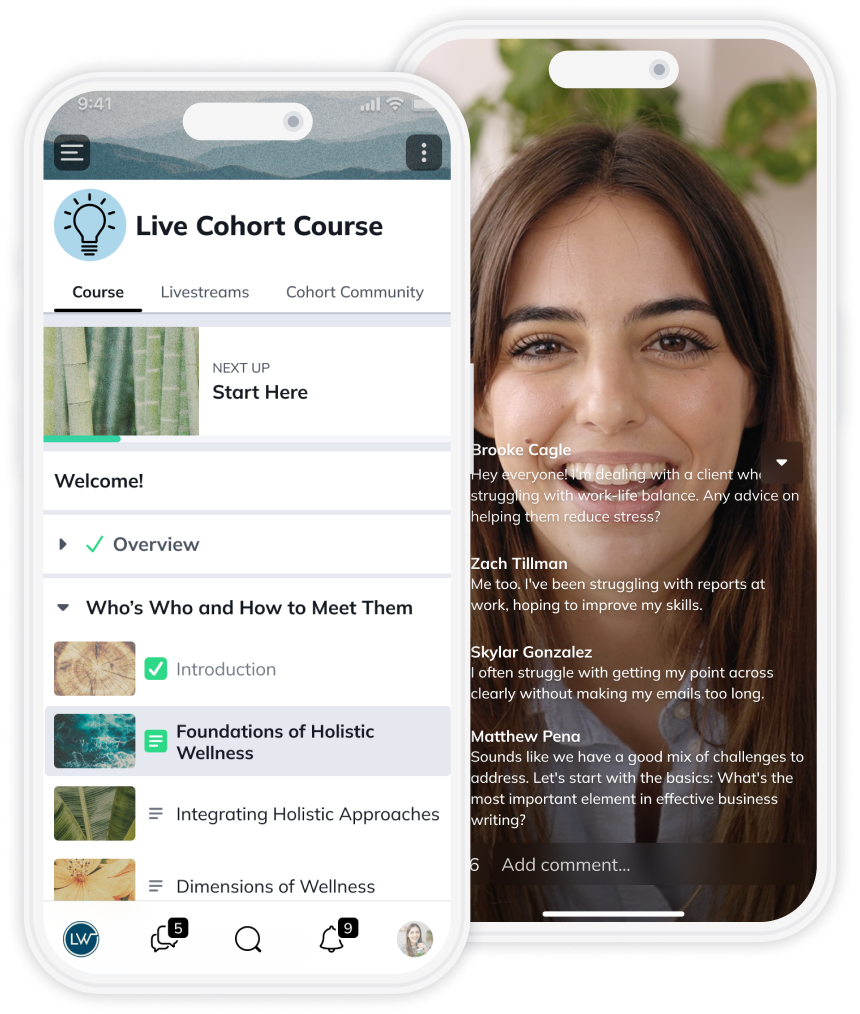
3. Repetition and Revision
Complementing distributed learning is the strategy of repetition and revision.
Scientists who studied how memory and learning works initially believed that without use, any learned matter wholly decays from our memory.
Just because you studied something, doesn't mean you learned and retained it.
We now know that memory has two strengths. Storage and Retrieval.
Storage is our ability to remember and use knowledge continuously. For instance, you remember the route from home to work and use it daily.
Retrieval is our ability to recollect nuggets of information. Do you remember the facts you learned in school? Probably not. But coming across them may spark recollection.
Both storage and retrieval can be improved with repetition. So make sure your self-learning practice includes revision sessions where you revisit subjects.
Longer intervals between study sessions are found to improve storage and retrieval. So, revisit a few weeks after you study; followed by another revisiting in a few months.
This will help identify and improve upon weaknesses in your knowledge base.
Building it into your course : Find ways to come back and revisit knowledge at every stage of the course. It could be a review session at the beginning or ongoing quizzes.
4. Interleaved practice
When learning something new, it’s tempting to go all in and focus on ONLY that thing. Research suggests that mixing learning up works better for the brain.
Interleaving is a learning technique where distinct (and related) skills are learned together.
For example, a researcher might alternate between data analysis and playing chess. A fitness enthusiast might swing between yoga and pilates. Want to focus on one subject? Reviewing two distinct topics in one study session also counts as interleaving.
How does it work? Interleaving helps us better grasp each skill/subject individually, and distinguish between them too.
Our daily lives can be riddled with surprises and uncertainty. Interleaving helps sharpen our brains and prepares us to apply our knowledge under varied circumstances.
Building it into your course : Switch up your activities and skill acquisition often.
5. Reflection and self-evaluation
Reflection is a powerful tool that can help cement and enhance your self-learning skills. Take the time to reflect on your learning experience and outcomes periodically.
Reflect out loud, by journaling, or speaking to someone who will listen.
Here are some questions to reflect on your self-learning practice:
- What did I want to learn and why?
- Did my chosen learning strategies work for me?
- Did I accomplish my learning goals? If not, why not?
- Can I confidently retain and apply my knowledge?
- What would I do differently when self-learning next time?
Building it into your course : Get students to reflect on their self-learning practice in class. You’ll get insights into their learning practice and can help improve outcomes too.
How to teach yourself how to learn
If there’s one learning technique you must incorporate as part of your self-learning practice, it is The Feynman Technique . Devised by the Nobel Prize-winning physicist and renowned educator Richard Feynman , it’s a simple four-step process. Rather than rote learning and memorization, this learning philosophy is guided by the principle of active learning.
1. Choose and learn a topic
We’ve emphasized the importance of setting learning goals previously in the article.
Choose a topic to learn about. Write the title down on a piece of paper.
If you wish, begin with self-testing. Write down what you know about the topic. Otherwise, draw on resources and begin with learning everything there is to know.

2. Teach it to yourself or someone else.
Write down everything you learned about the topic on a page.
In very simple language, eliminating all jargon. As if you are teaching a small child.
This will help you gauge how much you’ve learned. If your explanation is not clear enough to be understood by a child, chances are that your understanding is not complete.
The famous Albert Einstein quote rings true:
“If you can't explain it to a six-year-old, you don't understand it yourself”.
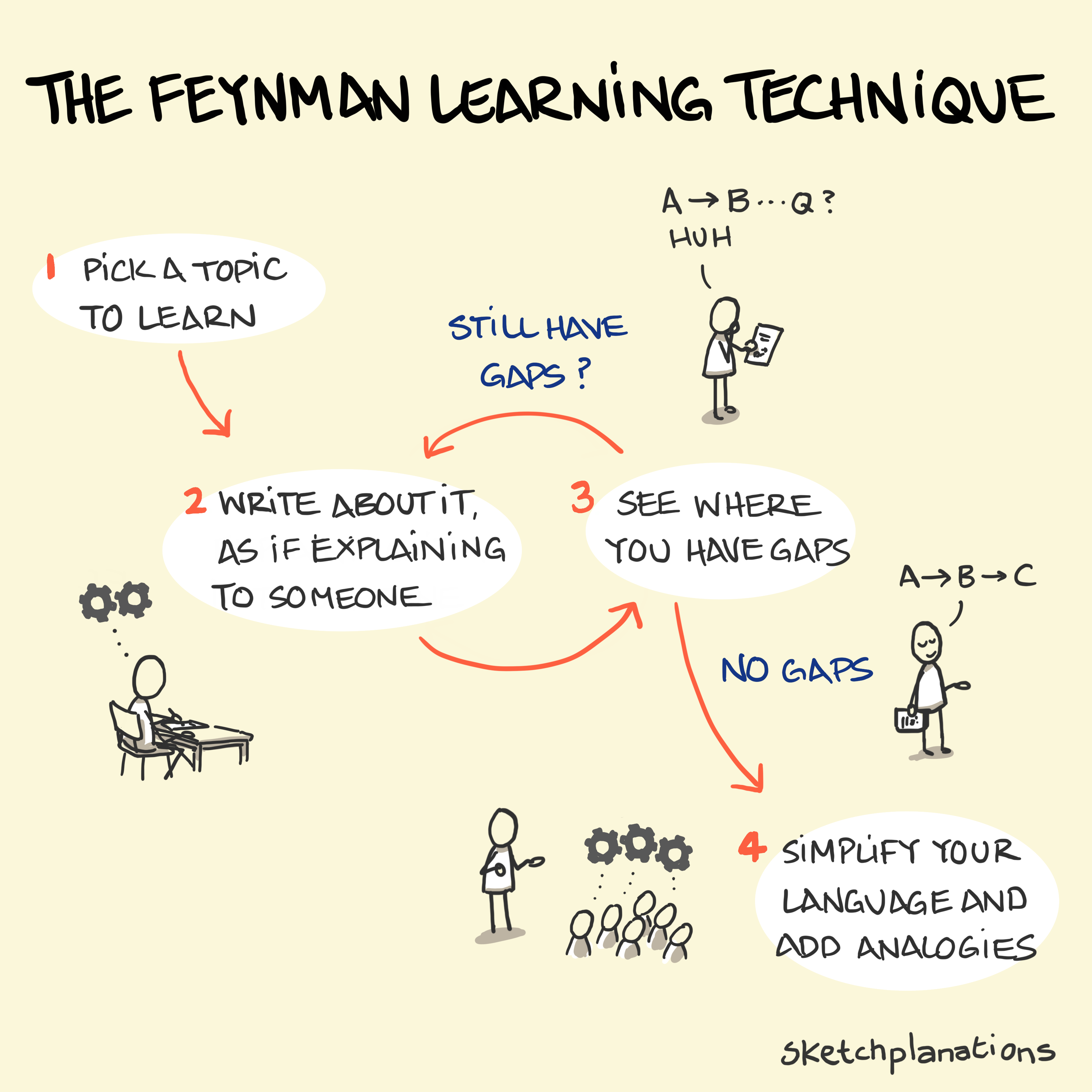
Image: Sketchplanations
3. Identify knowledge gaps
From the teaching exercise, identify what remains unclear. These are the gaps in your learning and areas of improvement.
- Revisit your learning resources and begin to fill in these gaps.
- Find new sources of information - books, videos, collaborative learning - to further build your knowledge base.
- Iteratively go back and forth between learning and teaching yourself.
The second and third steps serve as repetition and will help reinforce learning.
4. Organize and simplify
Consider your explanation of the topic.
Organize the information better and simplify it. Does it give you the complete story?
Create analogies that will make learning stick for you. Research shows that connecting information to prior knowledge improves retention.
For instance, we all likely remember that proteins are the building blocks of life
Coming up with your own learning analogies can be fun!
If there’s still something you don’t fully understand, go back to step 2.
Otherwise, revisit your explanation periodically to retain knowledge.
Secrets of learning to learn
1. understand how you learn.
Self-learning requires self-awareness.
Every person learns a little differently. So experiment with your learning style.
You might prefer to read or watch information. You might need instruction and a structured course. You might learn better in a group. You might learn better alone.
Once you reflect on how you learn, you can steadily implement what works best for you.
2. Learn actively
- Take a quiz or write a reflective essay.
- If you’re a visual learner, create mind maps.
- Teach yourself and others - maybe even create a video.
- Apply your learning in practice - side hustles can be great.
- Build a learning community of practice . We have whole posts dedicated to communities of practice and community-based learning .
3. DO NOT Build a routine
Almost every other article about self-learning emphasizes the importance of consistency and building a study routine.
- Find a place where you can study every day.
- Minimize distractions. Cut down on social media.
- Schedule to study at the same time. Stick to it!
Sure, you can do that.
But, if we follow research on the influence of context on learning (for example, Steven M. Smith's work ), NOT following the same routine and allowing some distractions are found to help individuals perform better.
It also helps retain skills for a longer period.
So, switch up your routine sometimes .
Learn at home, in a library or in a new café every week. Play music or not. Study alone or with friends around. Feeling bored? Take a 10-minute break to scroll your socials.
Committing to learning is important. But your self-learning practice does not require military precision. Varied routines will help you perform well in (m)any conditions.
4. Interruptions are GOOD!
Research suggests that interrupting yourself in the middle of learning improves retention over time and makes you more focused on accomplishing your goal.
Think about it. If you have been working on a difficult project, you might have felt stuck at times. Taking a break and stepping away from the task can do wonders.
Consider writers, artists, musicians, scientists, etc. Stepping away from work is often a conscious strategy that helps overcome blocks and keeps the creative juices flowing.
Deliberate interruptions and incubation enhance learning and development.
5. Sleep well
The brain works best when you rest!
You’ve probably heard this a lot. Evidence suggests that sleeping well improves your ability to understand, recall, and retain what has been studied.
Don’t scrimp on sleep. For beauty and knowledge.
Whether you’re in formal education or navigating a professional career, self-learning is a valuable skill. It will help you succeed in the rapidly evolving world of work.
We hope this article has equipped you to confidently embark on your learning-to-learn journey!
And if you’re launching a course, these strategies will make for a better course that serves you and your learners.
If you’re looking for a place to build a course that boosts self-learning, come build on Mighty! You can bring courses and community together, building in engagement and discussions. Whether it’s a live cohort course or a pre-recorded course built on Mighty’s LMS, you can create a learning experience that helps your students succeed.
Ready to start building your online course?
Ready to start building your course?
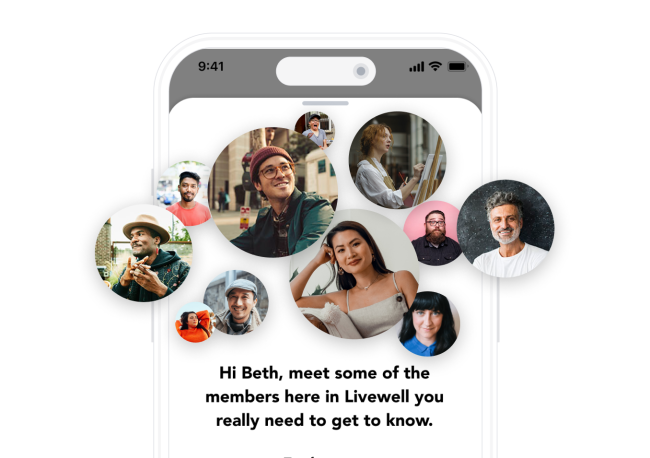
MORE LIKE THIS

Digital Creator: What Is It & How To Become One (2024)

The 11 Best LearnWorlds Alternatives (2024 Rankings)

Our Guide to Hybrid Learning (2024)
Join mighty community.
Learn the principles of Community Design™ (and see them in action) alongside thousands of creators and entrepreneurs. It's free to join!
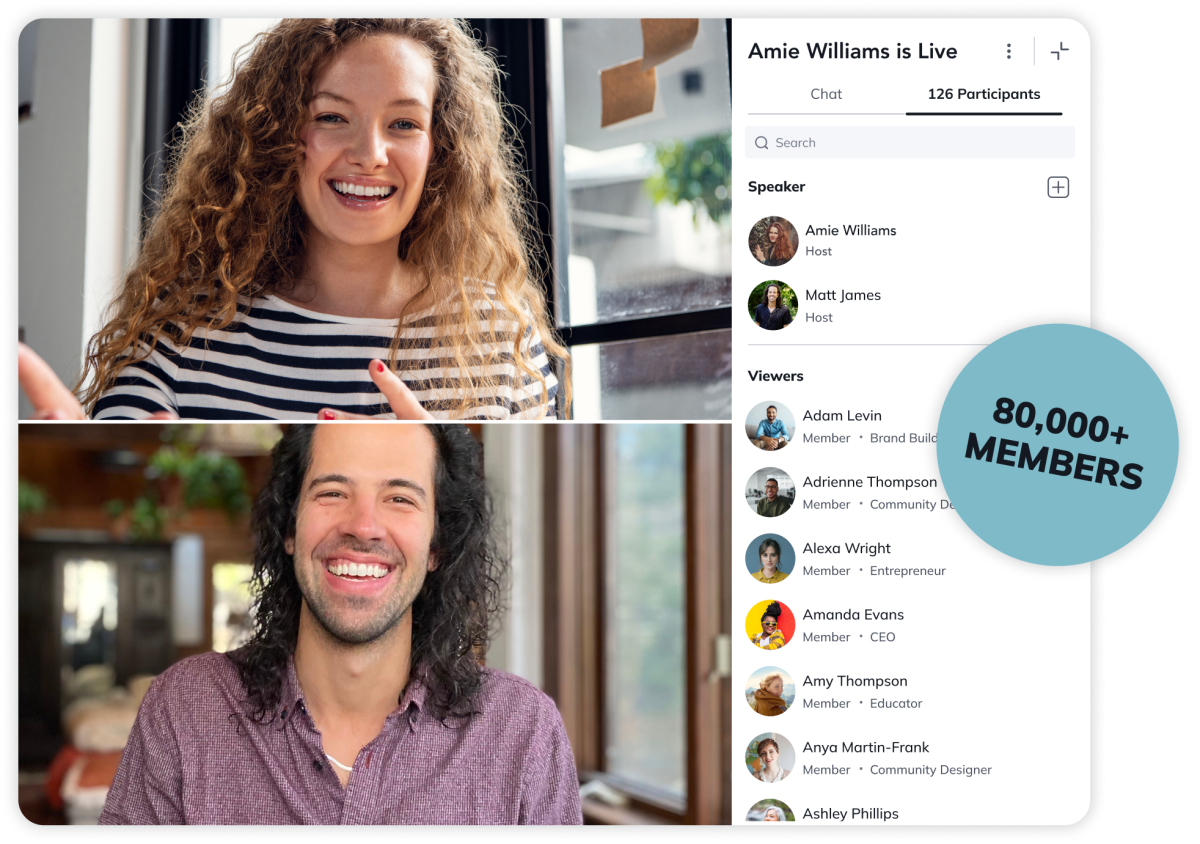
Build a $1M Community in 9 SIMPLE STEPS. This free masterclass went viral—sign up to learn why
FEATURES & PRICING
Features Overview
Online Courses
Automations
About Mighty Pro
Pro Case Studies
EDUCATION & TOOLS
Case Studies
Encyclopedia
Resource Center
Creator Calculator
New Creator Manifesto
COMMUNITY & SUPPORT
Mighty Community
Find a Mighty Network
Mighty Spotlight


- Productivity
- Thoughtful learning
Self-learning: The key to personal and professional growth

“What sculpture is to a block of marble, education is to the soul.” — Joseph Addison, Essayist.
The process of learning and creating has had more impact on our world than anything else in history. All the arts, sciences, pop culture, and technology exist because someone or a group of people put in the effort to learn, create, and share something new.
In the technologically-charged times we live in, it has become more important to challenge ourselves to improve our learning skills with online courses, tutorials, and other resources easily adapted to our unique learning needs. In doing so, we continue to refine our skills to grow and tackle modern problems both at work and in our personal lives.
Outside of the formal education system and traditional learning methods, there's an abundance of accessible learning resources and new learning platforms. Self-learning has never had a better opportunity to thrive. Read on to learn more about what it is and why it’s such a vital skill.
What is self-learning?
Self-learning is self-directed learning. It’s the pursuit of knowledge not driven by culture or external pressure. Self-learners follow their curiosity to create unique learning experiences, moving at their own pace.
Self-learning is the process of garnering information, processing, and retaining it without direction from teachers or a fixed curriculum. When self-learning, the learner ultimately decides what knowledge to hold onto. Self-learners must be able to organize information, think critically, and simplify complexities to make meaning.
Self-learning in today’s world and economy provides excellent practice to teach yourself new skills and gain knowledge that’s relevant to your daily work and activities. For one to successfully self-study, they must adopt an ambitious and motivated approach to learning whereby they identify gaps in their knowledge — and experience of the world — and use these to shape a personal curriculum.
Benefits of setting and pursuing self-learning goals
Self-learning sets high-performers apart. While many of us are distracted , self-learners invest their time in understanding and furthering their interests and goals. This easily becomes a compounding habit , opening new opportunities to learn, earn, and do more.
The self-learning process can be energizing, limiting feelings of passivity and burnout. Incorporating self-learning into your routine is a powerful way to gain agency, make better decisions, and position yourself as valuable within your niche.
As the world gets more competitive, knowing how to educate yourself gives a significant advantage. You can learn to grasp complex subjects, move with the times, and gain other benefits of self-learning like:
- Increasing competence: Self-learners develop increasing competence as they study, apply, and practice new knowledge. Creating a dynamic learning environment fitted to your learning style and needs gives you more ability to deal with life.
- Growing confidence: As self-learners gain new skills through real-world problem-solving and experience, their confidence in their abilities grows, spilling into many other areas of their lives.
- Better social life: Finding purpose and commitment in pursuing your own goals helps you become more engaged within your social circle and the wider community. Self-learning gives you perspectives to create new conversations and contributions, which add flavor in social settings.
- Increasing awareness: Self-learning brings an awareness of the vastness of all there is to learn and all we don't yet know. It makes you more comfortable in unfamiliar environments as your self-learning experiences remind you that you can figure things out if you try.
- Better quality of life: Self-learning helps you live up to your imagination and potential. Instead of being stuck at the point where you stopped traditional education, you keep growing and create unique opportunities to live many lives through your interests.
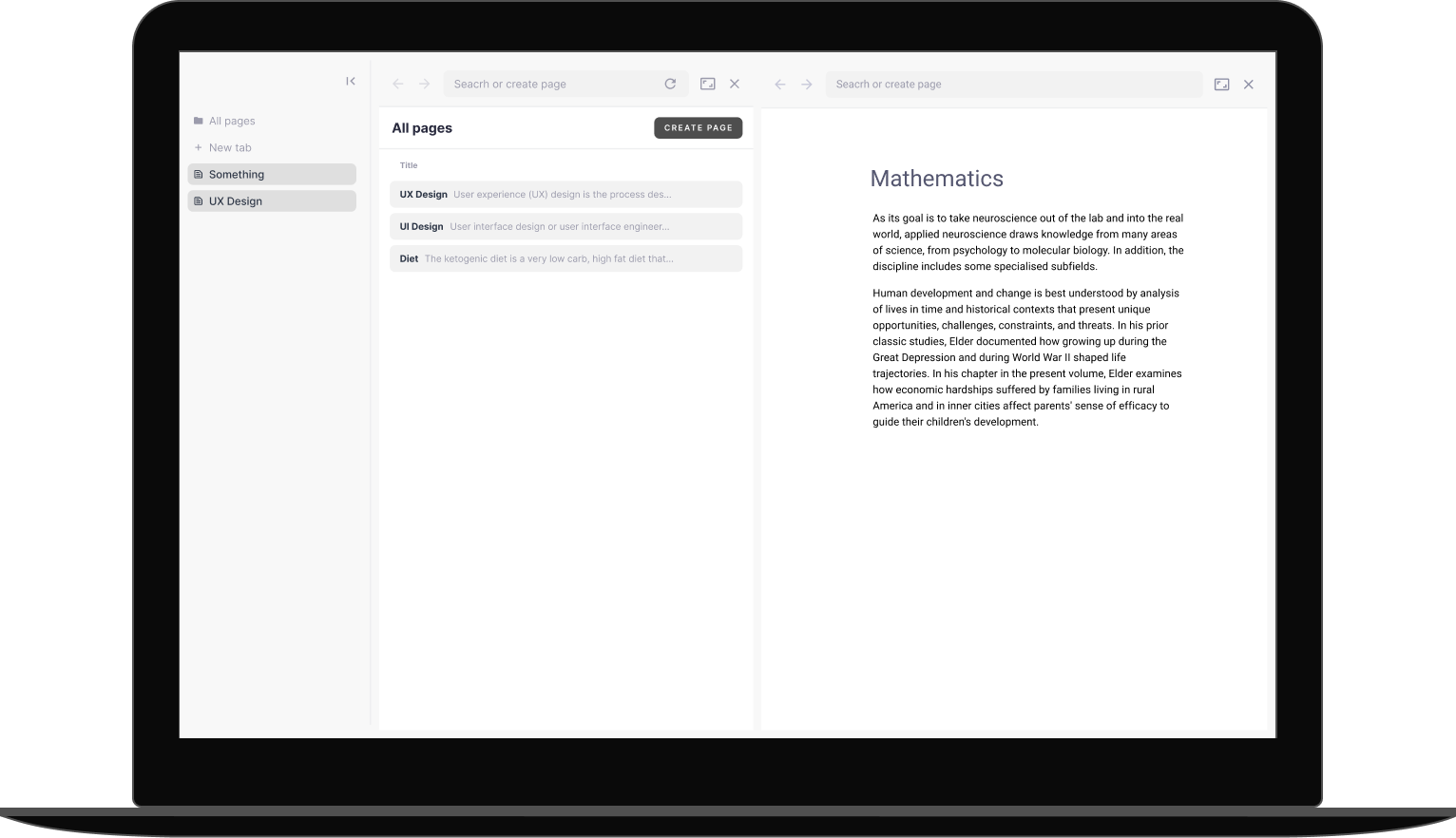
Boost your learning with ABLE
Gather information, take notes, review, reflect, surface insights. All from one perfect, distraction-free interface.
Steps to make self-learning effective for you
Follow the steps below to start and sustain your self-learning journey:
Set learning goals
Setting clear, intentional learning goals from the start will help guide your journey, accelerate your progress, and improve learning productivity by eliminating distractions and other disturbances that take you away from your goals.
Set both SMART and stretch goals to stay motivated while being realistic. SMART goals are Specific, Measurable, Attainable, Realistic, and Time-bound. New self-learners can be SMART about where, when, and how much they study — measuring input and consistency instead of learnings and output. As you gain clarity and momentum studying, you can then begin to measure output and value in a way most fitting to your study.
Stretch goals, on the other hand, require high effort and a big-picture perspective. You intentionally set them above your normal standards to push yourself to work harder and smarter to achieve them and gain exponential rewards. They are useful to keep self-learners reaching for new heights and realizations. Get clear about what you hope to achieve and define your learning goals and milestones to get you there over time.
Choose your learning resources
Assess your current situation and decide the best, credible resources to start your learning journey. This may include free online courses from open online communities and platforms like Coursera and Udemy or MOOCs (massive open online courses) from higher education institutions specializing in your interest.
Start with the free resources and grow into buying or borrowing anything else you need. Invest your time and effort first before spending money on self-learning. Libraries are an excellent resource for this, online and offline.
Take time to find credible resources and feel free to deviate from standard teaching to explore alternatives before accepting solutions as they're presented. If you're a student, learn to use Google Scholar, not only Google Search, to discover credible sources and citations. You can also use resources such as Connected Papers to explore papers related to your field of work, Semantic Scholar for scientific literature, and OSF to support your research and collaborate.
Develop a plan or schedule
Whether you choose to start with real-world or online learning courses, create a weekly plan or schedule to help you stay consistent. There are many time management techniques to choose from: time blocking , time boxing , or even day theming . Find what works best for you and commit to it.
Taking control of your self-education gets easier once you know when to study. Scheduling also helps curb procrastination, one of the major deterrents to self-learning. Put thought into the times when you have high energy levels and enough time to make tangible progress with each session.
If you’re learning with a friend or in a collaborative environment, get their input on your plans to ensure the most harmony and easy cooperation.
Apply your new knowledge
Knowledge without application is a true waste of time and effort. It's also easily forgettable. Find ways to practice and apply what you learn in real-world settings. This way, you're turning your knowledge into practical experience and can see what works and what doesn't.
Practicing and applying your knowledge also helps you retain information and shortens the feedback loops you need to determine if you're making progress. Establish your own learning metrics and regularly assess and reward yourself to stay motivated on the journey.
Teach others
The popular Feynman technique emphasizes teaching as a crucial key to learning and retaining new knowledge. As a final step, when you share with or teach others, you can notice gaps in your learning and fix them.
Teaching others reveals your comprehension of a subject. If you can't explain something simply, you likely don't understand it well enough. Join forums with others interested in the same things you are, write a blog sharing lessons, and create a system for sharing your work and learning in public.
Teaching helps you review what you learn from a different perspective. This is a beneficial exercise for self-learners who work alone. You can build a community around what you do and document your journey by actively teaching.
Begin your self-learning journey
Autodidacts go deeper into their interests and careers than those who only follow traditionally imposed curriculums. The best part of self-learning is that it is entirely permissionless. You don't need external input on how you go about carving your self-journey.
What you need is curiosity, a willingness to begin, and discipline to stay the course or pivot as needed. Self-learning is a lifelong journey of improving, auditing, and implementing new knowledge. With the internet's resources available today, anyone can get started.
Our new learning and research tool, ABLE , helps organize your self-learning activities. By streamlining your web browsing, research notes, and ideas, we help you focus on what matters and drive results. Join our waitlist to be among the first to gain access to ABLE. We're excited to walk beside you on your journey.
I hope you have enjoyed reading this article. Feel free to share, recommend and connect 🙏
Connect with me on Twitter 👉 https://twitter.com/iamborisv
And follow Able's journey on Twitter: https://twitter.com/meet_able
And subscribe to our newsletter to read more valuable articles before it gets published on our blog.
Now we're building a Discord community of like-minded people, and we would be honoured and delighted to see you there.
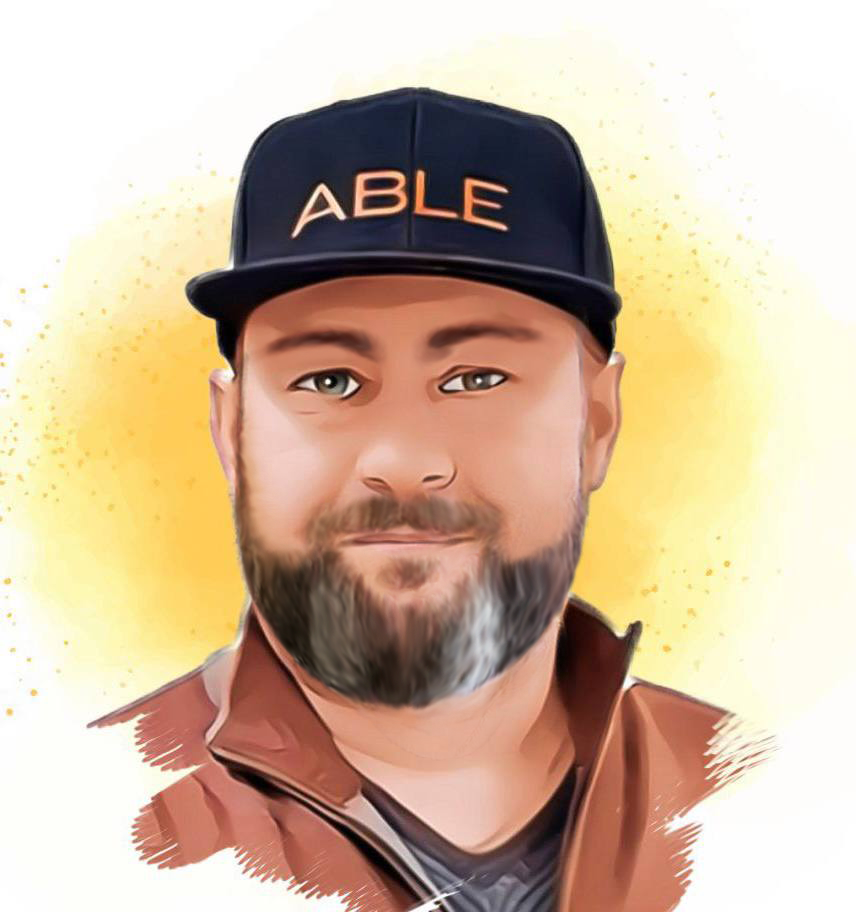
Straight from the ABLE team: how we work and what we build. Thoughts, learnings, notes, experiences and what really matters.
Read more posts by this author
follow me :
ABLE's year in a short review (2021)
Visual note taking: 5 easy steps to start sketching your ideas.
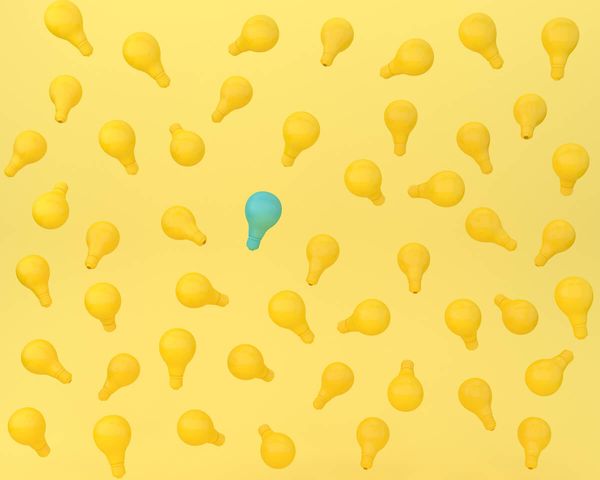
What is abstract thinking? 10 activities to improve your abstract thinking skills
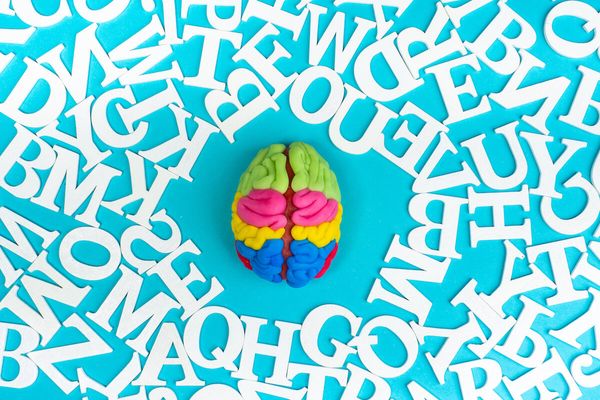
5 examples of cognitive learning theory (and how you can use them)
0 results found.
- Aegis Alpha SA
- We build in public
Building with passion in
Master the Art of Self-Education: A Guide to Lifelong Learning

Image Source: unsplash
Introduction
Setting clear goals and objectives is crucial for effective self-education . When you have a clear vision of what you want to achieve, it becomes easier to stay focused and motivated throughout your learning journey. Developing a structured learning plan is another key aspect of mastering the art of self-education. By creating a roadmap that outlines the topics you need to cover and the resources you will utilize, you can ensure that you stay organized and make progress in a systematic manner.
Utilizing various learning resources such as books, online courses, and educational websites is essential for gaining diverse information and perspectives. Each resource offers unique insights and approaches to the subject matter, enriching your understanding and broadening your knowledge base. In this guide to lifelong learning , we will explore these strategies in detail, empowering you to become a successful self-learner. Let's dive in!
Setting Clear Goals and Objectives
Setting clear goals and objectives is a fundamental step in effective self-education. Without a clear vision of what you want to achieve, it can be challenging to stay focused and motivated throughout your learning journey. Here are some strategies to help you set clear goals and objectives:
1. Define your learning goals
Start by identifying what you want to achieve through self-education. Is it acquiring new skills for personal growth or advancing your career? Once you have a clear purpose in mind, set specific, measurable, achievable, relevant, and time-bound (SMART) goals. For example, instead of saying "I want to learn programming," a SMART goal would be "I want to learn Python programming language within six months."
2. Break down your goals into smaller milestones
Divide your larger goals into manageable tasks or milestones. This approach helps you track your progress and provides a sense of accomplishment along the way. Breaking down complex topics into smaller chunks makes them more approachable and less overwhelming. Celebrate each milestone you reach as it will keep you motivated and encourage further progress.
3. Prioritize your goals
Determine which goals are most important to you and align with your interests or career aspirations. It's essential to focus on one goal at a time instead of trying to tackle multiple subjects simultaneously. By prioritizing your goals, you can allocate the necessary time and resources needed for each one effectively.
Remember that setting clear goals is not a one-time activity; it requires periodic review and revision as your interests and priorities evolve over time. Regularly assess whether your current goals still align with your long-term vision, making adjustments as necessary.
By defining clear learning goals, breaking them down into smaller milestones, and prioritizing them effectively, you lay the foundation for successful self-education. Let's move on to the next section where we will discuss how to develop a structured learning plan to support your goals.
Developing a Structured Learning Plan
To effectively educate yourself and become a self-learner, it's essential to develop a structured learning plan. This plan will help you stay organized, cover all necessary topics, and make consistent progress. Here are the key steps to creating a structured learning plan:
1. Assess your current knowledge and skills
Start by evaluating your existing knowledge and skills related to the subject you want to learn. This assessment will help you identify any knowledge gaps or areas that require improvement. By understanding your starting point, you can design a personalized learning plan that addresses your specific needs.
2. Create a schedule and allocate time for learning
Determine how much time you can dedicate to self-education each day or week. Consider your other commitments and responsibilities when creating a study schedule. It's important to be realistic about the time you can commit while still maintaining balance in your life. Treat learning as a priority by sticking to the schedule and avoiding procrastination.
3. Break down the subject into smaller topics
Divide the subject you want to learn into manageable topics or chapters. Breaking down complex subjects into smaller parts makes them more digestible and easier to tackle. Create a timeline for covering each topic, ensuring that you allocate enough time for revision and practice along the way. This approach helps you stay focused on one topic at a time while making steady progress.
By assessing your current knowledge, creating a realistic schedule, and breaking down the subject into smaller topics, you establish a solid foundation for effective self-education. In the next section, we will explore various learning resources that can enhance your learning experience and provide diverse perspectives on the subject matter.
Utilizing Various Learning Resources
To enhance your self-education journey, it's important to utilize a variety of learning resources. By exploring different sources of information, you can gain diverse perspectives and deepen your understanding of the subject matter. Here are some key resources to consider:
1. Explore books and literature
Books, textbooks, and research papers are valuable resources for self-learners. Look for publications that are related to your chosen subject and delve into them to expand your knowledge. Seek out recommended readings or bestsellers in the field as they often provide comprehensive insights. As you read, take notes and highlight important information for future reference.
2. Take advantage of online courses and tutorials
Online courses and tutorials offered by reputable platforms can provide structured learning experiences. Enroll in courses that align with your learning goals and offer practical knowledge. Actively participate in discussions with fellow learners to exchange ideas and gain different perspectives. Completing assignments will help reinforce your understanding of the material.
3. Explore educational websites and online communities
Educational websites offer a wealth of free resources, tutorials, and forums that can supplement your self-education efforts. Visit these sites to access additional learning materials or engage with online communities. Interacting with like-minded learners allows you to share knowledge, ask questions, and collaborate on projects. This fosters a supportive environment where you can learn from others' experiences.
By utilizing various learning resources such as books, online courses, and educational websites, you can broaden your understanding of the subject matter and gain valuable insights from different perspectives. In the next section, we will discuss the importance of practicing self-discipline and consistency in your self-education journey.
Practicing Self-Discipline and Consistency
Self-discipline and consistency are crucial for successful self-education. They help you stay focused, motivated, and make steady progress towards your learning goals. Here are some strategies to practice self-discipline and maintain consistency:
1. Stay motivated and maintain a positive mindset
Find your intrinsic motivation for learning by identifying the reasons why you want to educate yourself. Remind yourself of the benefits that come with acquiring new knowledge and skills. Celebrate small achievements and milestones along the way to stay motivated and boost your confidence. Surround yourself with positive influences and supportive individuals who encourage your learning journey.
2. Manage your time effectively
Eliminate distractions and create a conducive learning environment that allows you to concentrate on your studies. Minimize interruptions from electronic devices or other sources that may divert your attention. Use time management techniques such as the Pomodoro Technique or time blocking to allocate specific periods for focused learning. Prioritize learning activities over unproductive tasks to make the most of your study time.
3. Maintain a regular study routine
Set a fixed time each day or week dedicated solely to self-education. Consistency is key in retaining knowledge and making progress in your learning journey. Even when faced with challenges or busy schedules, stick to your routine as much as possible. Treat this dedicated study time as non-negotiable, just like any other important commitment in your life.
By practicing self-discipline and maintaining consistency, you establish good habits that support effective self-education. In the next section, we will conclude our guide by summarizing the key points discussed throughout this blog post and emphasizing the importance of lifelong learning.
In conclusion, mastering the art of self-education requires setting clear goals and objectives, developing a structured learning plan, utilizing various learning resources, and practicing self-discipline and consistency. By following these strategies, students, professionals, and lifelong learners can embark on a lifelong journey of continuous learning. Remember that the process of learning is as important as the end result. Embrace the joy of acquiring new knowledge and skills, and let curiosity be your guide. With dedication and perseverance, you can unlock your full potential and achieve personal growth and success through self-education. Happy learning!
Crafting a Customized Learning Strategy for Self-Education
Discovering the Key to Raising Joyful Children: The Advantages of a Child Psychology Course
Decoding Lifelong Learning: The Pathway to Triumph in the Digital Era
Unveiling the Essence of Online Skills: A Roadmap to Learning and Career Growth
Embarking on a Holistic Journey: Your Definitive Guide to Learning Meditation Online
- View Courses
- Terms of use
- Privacy policy
- Refund policy
© Copyright 2023

IMAGES
VIDEO
COMMENTS
Your options for self-education and lifelong learning are endless. You can take online courses, master new skills, build your own website, read classic books, explore the world with your smartphone, and collaborate with other lifelong learners from all over the world.
Self-learning is a process in which people proactively self-direct their learning journeys, identifying their own learning goals and holding themselves accountable for reaching them. It takes dedication, motivation, and self-direction to be a successful self-learner.
Being a self-learner is all about adopting and embracing various methods on how to educate yourself. While going to university are still valid options, the sheer amount of information available allows any person to learn about anything.
Autodidacticism (also autodidactism) or self-education (also self-learning, self-study and self-teaching) is the practice of education without the guidance of schoolmasters (i.e., teachers, professors, institutions). Overview. Part of a series on. Reading. Learning to read. Scientific theories and models. Cognitive processes. Reading instruction.
Self-learning is the process of garnering information, processing, and retaining it without direction from teachers or a fixed curriculum. When self-learning, the learner ultimately decides what knowledge to hold onto. Self-learners must be able to organize information, think critically, and simplify complexities to make meaning.
By defining clear learning goals, breaking them down into smaller milestones, and prioritizing them effectively, you lay the foundation for successful self-education. Let's move on to the next section where we will discuss how to develop a structured learning plan to support your goals.